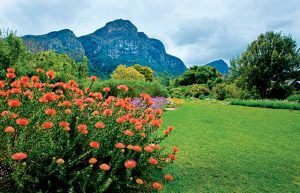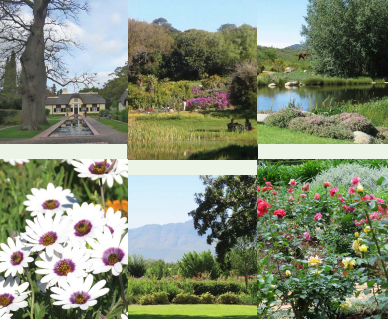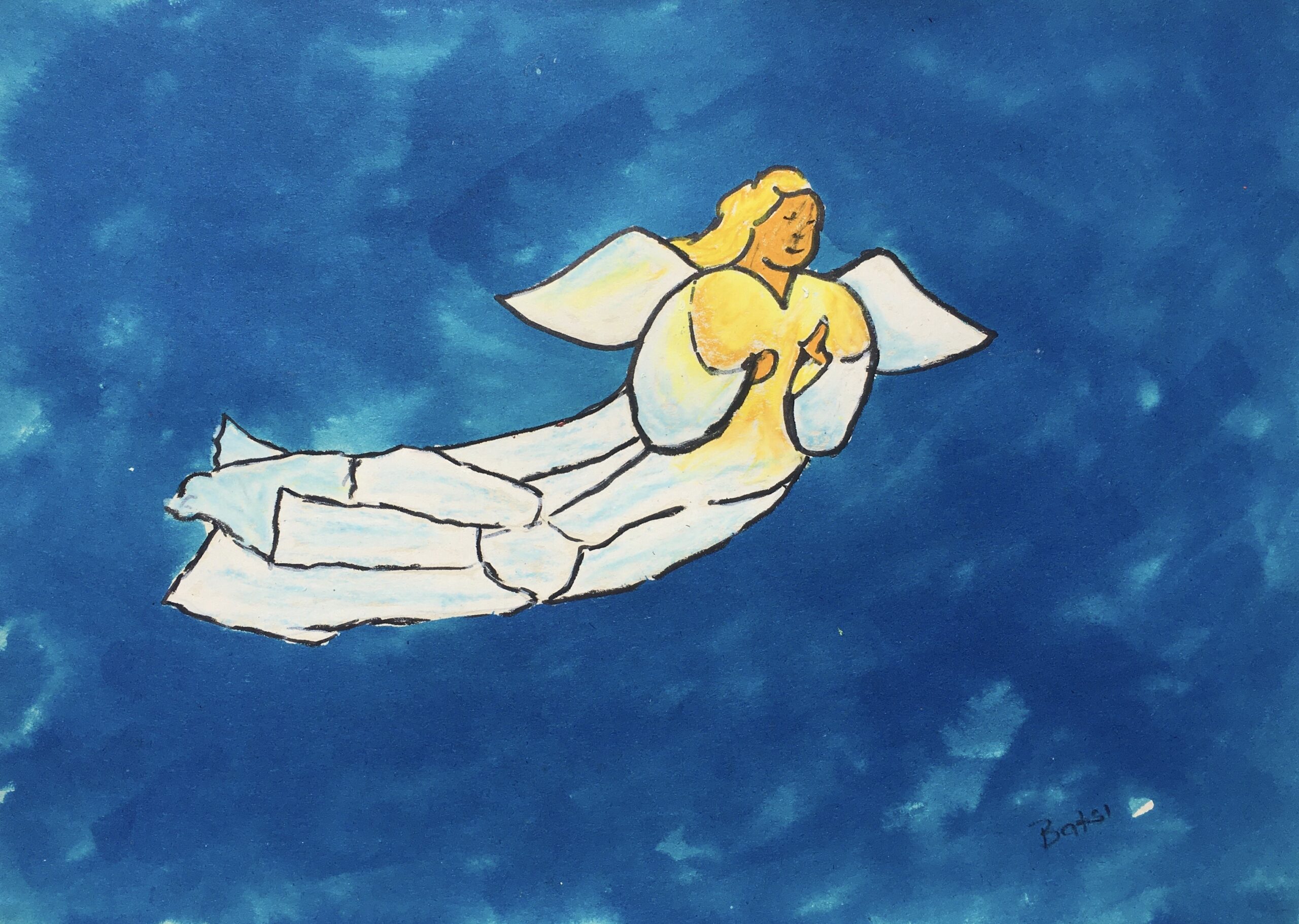The 73rd UCT Annual Summer School has several courses and encounters which focus on Nature and Conservation and here are a few selected from their extensive programme.
EXTRAORDINARY GARDENS FROM AROUND THE WORLD
Margaret Abbott, volunteer garden lecturer and tour guide
Monday 16–Wednesday 18 January 1.00 pm | COURSE FEES R330 | TO BOOK
This course will explore a number of unusual gardens, horticultural practices and motifs as well as several specific plants that have captured the world’s imagination. The lectures are intended to be ‘gardentainment’ and will be richly illustrated with many slides, but will also include the history, backstories and details that make the genre of gardens so compelling. We will look at the long romantic history of the rose and her many suitors, explore the macabre practice of bonsai and its first cousin topiary, and then will examine the madness of orchids, their astonishing variety and reach, as well as some of the intrepid explorers who risked their lives to find them.
Lecture titles
1. The rose and her many suitors
2. Torture and disfigurement in the plant kingdom
3. The madness of orchids
KIRSTENBOSCH NATIONAL BOTANICAL GARDEN: A JOURNEY THROUGH 110 YEARS
Werner Voigt, curator, Kirstenbosch National Botanical Garden
Friday 27 January 1.00 pm | COURSE FEES R110 | TO BOOK
In 2023 Kirstenbosch will celebrate a hundred and ten years as South Africa’s flagship national botanical garden.

THE EVOLUTION OF A GREAT GARDEN: KIRSTENBOSCH 1913 TO 2023
Dr Gerry Adlard, coordinator: volunteer garden guides of Kirstenbosch
Saturday 4 February10.00 am–12.00pm | COURSE FEE R150 plus Kirstenbosch entrance fee | TO BOOK
Maximum number of participants 60
This guided walk complements the lecture that celebrates the hundred and tenth anniversary of the founding of Kirstenbosch National Botanical Garden. Participants will follow the steps that were taken to locate, plan and develop the garden – giving attention to the founding principles, design criteria, challenges and milestones, as well as to the people who made it the world’s premier indigenous botanical garden. The route will begin where it all began, and lead into the Matthews rockery, through the dell and the cycad amphitheatre and then up to study the proteas and ericas. The history, recent improvements and some current plans will be revealed along the way.
Four garden guides will each take a maximum of 15 participants on the two-hour tour.
Entrance fees to the garden vary for those who are not members of the Botanical Society (Botanical Society members do not pay the entrance fee). Information about the fees can be obtained and tickets purchased from Webtickets or at Kirstenbosch.
Participants will be met by the guides at Gate 1 (where the Visitor Centre is).
ENCOUNTERS WITH TABLE MOUNTAIN AND THE HISTORY OF GEOLOGY
Emeritus Professor John Compton, University of Cape Town
Monday 9–Friday 13 January at 11.15 am | COURSE FEES R550 | TO BOOK
Table Mountain is hard to avoid, a massive block of rock towering a kilometre above sea level. Many who encountered this rocky massif, either from a distance or in climbing to the table top, thought enough about it to record their impressions. This course outlines the chronology of how people experienced Table Mountain and speculated on its origins. With writings that go back over five hundred years to the early Portuguese explorers, it is possible to trace the evolution of how we feel and think about mountains, and our scientific understanding of Earth. We went from fearing and loathing mountains, to embracing them as an escape back to nature and a source of inspiration. We also increasingly took notice of the rocks that made up the landscape and started to propose origin stories that gradually evolved into our current understanding of how Earth works, the science of geology.
Lecture titles
1. Mountains of the mind
2. Reading Earth’s ancient history
3. Neptunists vs Plutonists, the Sea Point contact and the birth of geology
4. Adventure, escape and renewal
5. Earth moves: plate tectonics
NOR ANY DROP TO DRINK? WATER POLLUTION IN TODAY’S WORLD
Professor Jenny Day, University of Cape Town
Monday 16–Friday 20 January 5.00 pm | COURSE FEES R550 | TO BOOK
Human beings are better at creating new stuff than at cleaning up after themselves. We make new chemicals that we pour onto plants and soils, and into ourselves, little thinking about what happens to them when they land up in our rivers and wetlands, or in the sea. We are beginning to realise, though, that many of these substances are a death warrant for the fishes in the sea, the birds of the air and the animals on land, including ourselves. These lectures will paint a picture of the unintended consequences of humankind’s love affair with chemicals, from Doom to deodorants, and from petrol to plastic. Two of the many challenges of the coming decades will be to choose wisely which chemicals to use, and how to decontaminate the Earth from some very nasty substances.
Lecture titles
1. What is pollution?
2. How nature deals with poo
3. CECs: contaminants of emerging concern
4. The ‘feminisation of nature’: endocrine-disrupting compounds
5. Plastic pollution
Other sessions by Professor Jenny Day include WATER FOR CAPE TOWN: 370 YEARS OF ‘NOT QUITE ENOUGH’
Thursday 26 January 1.00 pm | COURSE FEES R110
The full 73rd Annual Summer School programme is available HERE
WHAT: 73rd UCT Annual Summer School 2023
WHERE: UCT Kramer Law Building, Middle Campus of South Africa, Rondebosch, Cape Town, 7700
WHEN: 9 to 28 January 2023
INFO: T 021 650 2634 | E ems@uct.ac.za | Visit
NOTE: UCT staff get a 50% discount on course fees.
See also Cape Town Green Map







